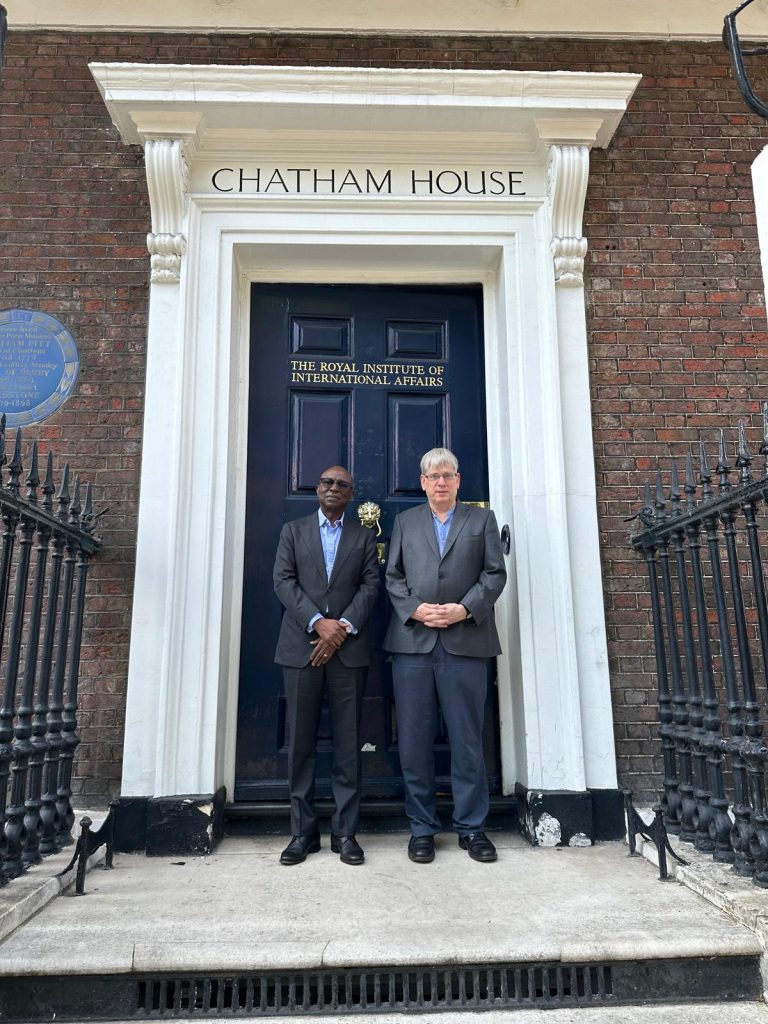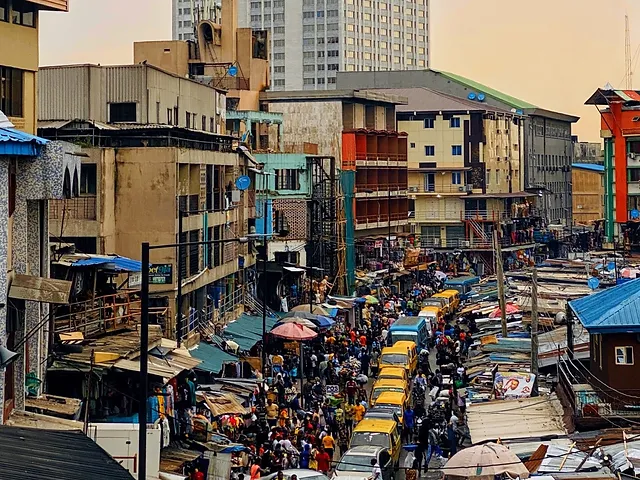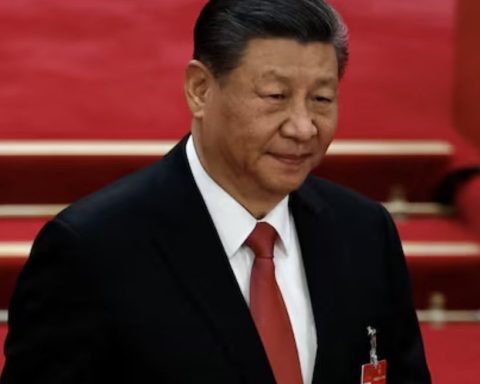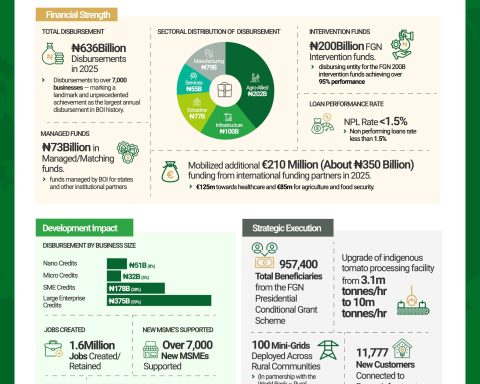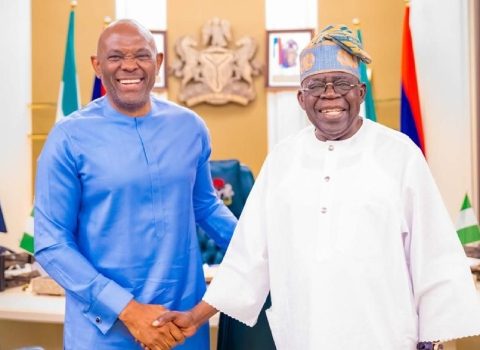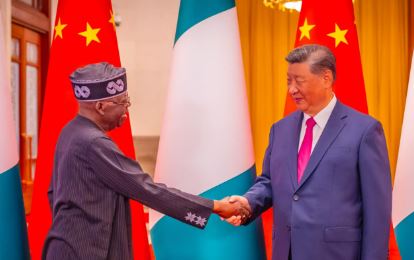Tokyo Olympics held from 23rd July 2021 to 8th August 2021 has retained the record of most expensive Games in the last four editions following the end of the 33rd Olympics in Paris France on Sunday.
Tokyo Olympics gulped a whopping $15.4 billion compared to the Paris Olympics staged for $8.2 billion lower than Tokyo expenditure by over $7.2 billion.
Join our WhatsApp ChannelOrganisers of the just ended Olympics reveal that it exceeded the planned budget by 25%. Despite the said overshooting of budget, statistics indicate that the Paris Olympics is the lowest compared with the last three Olympics viz Tokyo 2020, Rio 2016 and London 2012. The Rio Olympics cost 13.1billion while the London Olympics gulped 14.6 billion.
The 2014 Winter Olympics in Sochi is considered the most expensive ever, costing nearly $25 billion, according to an Oxford University paper, followed by the Summer Olympics in Tokyo, originally planned for 2020 but delayed one year due to the COVID-19 pandemic.
Expenses include stadium reconstruction, opening and closing ceremonies and operational costs like food service and labor force wages.
READ ALSO: Curtain Falls On Paris Olympics As Athletes, Nations Take Stock
An estimated $3.2 billion of France’s cost was spent on infrastructure investments in Paris’s urban areas ahead of the Games, according to WalletHub. Improvements to highways, railroads, airports and hotels and similar expenses are considered non-sports-related by the Olympic organizing committee and are not included in some Olympic Games budgets.
Costs associated with hosting some recent Olympic Games have been so high that the host countries lost money. Brazil lost around $2 billion when it hosted the Summer Games in Rio de Janeiro in 2016. The Summer Games in Tokyo saw soaring costs and lost roughly $800 million, according to an ESPN report.
Olympics Creates Jobs, Expands Tourism Opportunities
Despite costs of hosting Olympic Games the gains of doing so continue to be an attraction as host cities and athletes look forward to it every four years.
Host governments often say that despite potential revenue shortfalls, hosting the Olympic Games can lift the local economy by creating jobs, boosting tourism and bringing much-needed infrastructure improvements.
The economics around such things are harder to quantify, and some studies have found claims about boosts in employment and other benefits to be ambiguous and debatable.
Julius Okorie is Chief Sports and Entertainment Correspondent for Prime Business Africa. He began his journalism career with the Champion Newspaper and Sporting Champion and later moved on to Daily Independent and the Nation Newspapers. Okorie joined Prime Business Africa in 2024 bringing on board 20 years of experience in writing investigative news on Sports and Entertainment. His well researched and highly informative articles on Sports Business and general entertainment are followed by a wide range of audience.




